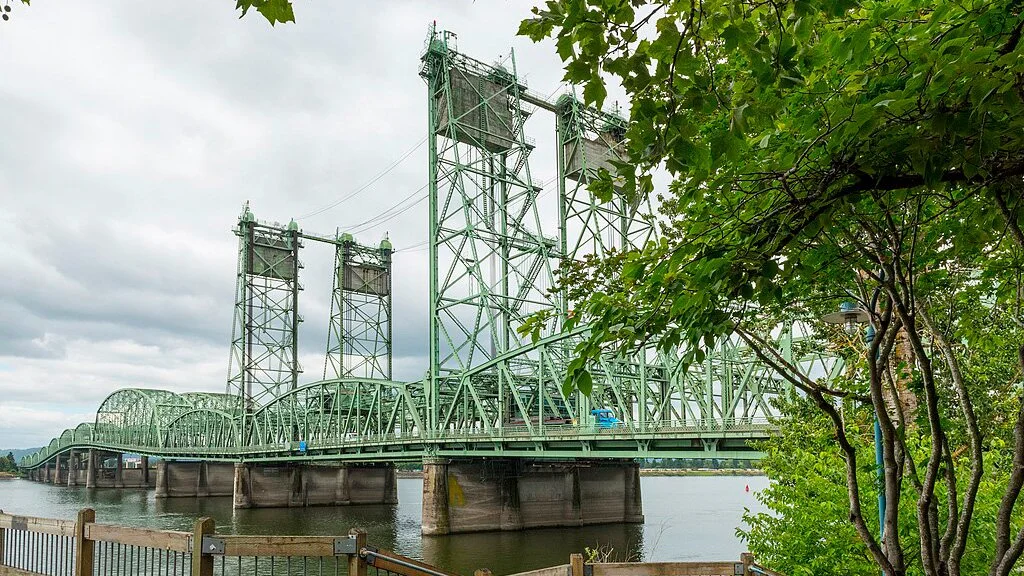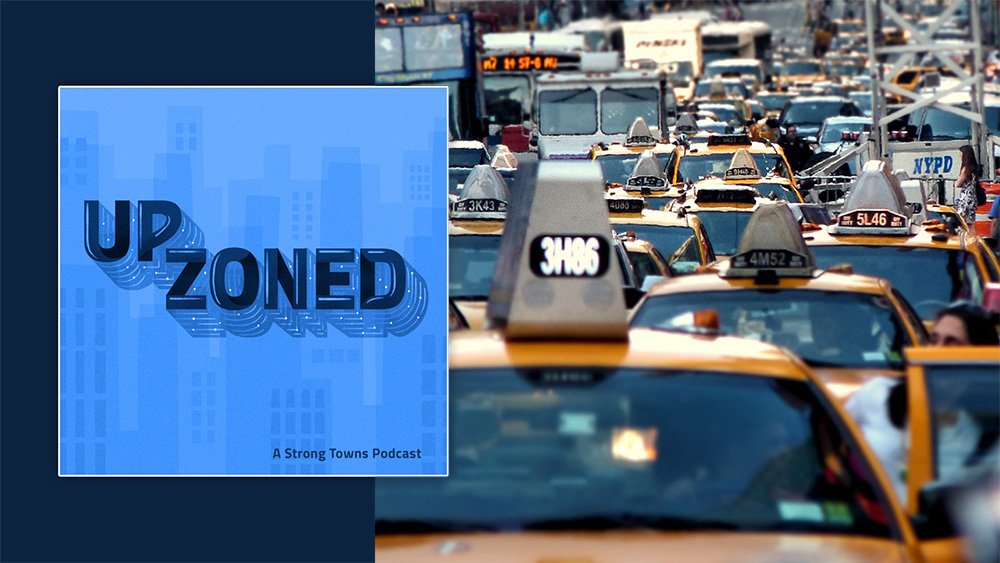The Trump administration’s elimination of congestion pricing was shortsighted, but NYC’s congestion pricing was deeply flawed from the start. If congestion pricing is ever going to work as intended, it needs to be revamped with the right priorities.
Read MoreTulsa, Oklahoma, is joining a growing list of cities that have integrated preapproved plans into their housing toolkits. This approach makes it easier for small-scale developers to complete projects quickly and cheaply.
Read MoreA new order from the U.S. Department of Transportation is proposing a different approach to transportation spending. If implemented, it could deliver long-overdue reforms, the kind Strong Towns has long supported. However, the specifics raise serious concerns.
Read MoreLast Wednesday, a plane crash claimed the lives of 67 people, making it the deadliest U.S. air disaster in over two decades. It prompted an immediate, coordinated response on a local, state and federal level. And yet, when over 100 people die in car crashes a day, nothing is done. It’s time for that to change.
Read MoreWhen actor Timothée Chalamet got stuck in traffic on the way to a movie premiere, he showed that rethinking how we travel can lead to better outcomes for everyone.
Read MoreIn this episode of Upzoned, co-hosts Abby Newsham and Chuck Marohn talk about the crisis currently facing the Florida condo market. They discuss the backlog of deferred maintenance revealed by new safety regulations, what this means for individuals and communities, and possible paths forward.
Read MoreAfter a Crash Analysis Studio was conducted in Rochester, New York, the city quickly established safer street design standards. Now, the county has created a first-in-state Community Traffic Safety Team to proactively address citizens’ concerns regarding street safety.
Read MoreThe Federal Reserve just cut interest rates. Some people are celebrating the move as making housing more attainable, but it's really just reinforcing the housing trap. Need proof? Look no further than the 40-year mortgage.
Read MoreIn Florida, flooding from Hurricane Debby exposes how the suburban pattern of development can worsen natural disasters and make it more difficult for residents to evacuate.
Read MoreThe U.S. is in a massive housing bubble fueled by widespread fraud. With banks incentivized to look away and Wall Street and Washington incentivized to keep housing prices artificially high, a bottom-up approach is the only hope for bringing sanity back to the housing market.
Read MoreIndianapolis officials are encouraging residents to be involved in improving the city through a number of initiatives. In this Upzoned episode, Chuck and Abby discuss the benefits of these programs and the growing pains cities will face as they make this kind of positive change.
Read MoreThe Interstate Bridge Replacement project, which is tasked with replacing a bridge that connects Washington and Oregon, is facing alarming delays, cost escalations and seemingly deceptive behavior from officials. These problems are symptoms of broader issues in North American transportation spending.
Read MoreWashington's Department of Transportation recently reported that they’re weight restricting another bridge because it’s becoming dangerously old. This is a symptom of a problem that stretches across North America: grossly misplaced priorities. It's time for a serious reevaluation of transportation spending priorities.
Read MoreIn many cities, officials primarily rely on traffic enforcement to prevent car crashes and fatalities. This is unsustainable and ineffective. If city officials want to make Vision Zero a reality, instead of a slogan, they must address the systemic issues that put everyone at risk.
Read MoreStarbucks built its brand on being a third place — a communal hangout that fosters communication and conversation — but in recent years, its priorities have shifted to speed of service. Now, instead of returning to its roots, the corporation is trying to redefine what a third place is.
Read MoreThis fall, seven states will have the opportunity to cut — or abolish, in some cases — property taxes. In this episode of Upzoned, co-hosts Abby Newsham and Chuck Marohn discuss whether that’s a good idea. (Spoiler: It isn’t.)
Read MoreDetached cottages and additional residential units are becoming legal in many places, but zoning laws and design decisions can stop people from building. Resimate seeks to solve that, performing instant analyses of lots and helping customers purchase a variety of eligible designs from small-scale developers.
Read MoreThe governor of New York recently announced the dissolution of the city’s congestion pricing program after years of planning and hundreds of millions of dollars of investment. Here’s the Strong Towns take on it.
Read MorePhiladelphia's Porchfest festival showcases the vibrant community spirit of West Philly, and residents proved the endurance of that spirit last month. After the city refused to close streets to car traffic, residents did so themselves to keep festival attendees safe. Admirable, but it should never have been necessary.
Read MoreWe can’t wait for big government housing programs to fix the housing affordability crisis — in fact, they can actually make things worse. But don't lose hope. Local governments have the power to tackle the housing crisis in ways that actually work.
Read More



















